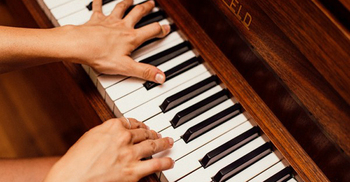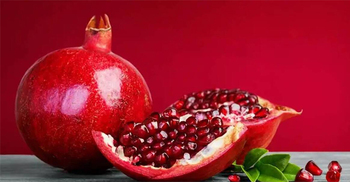Gallstones: Causes, symptoms, diagnosis, treatment

Gallstones can be termed as a collection of bile materials in one’s gallbladder but are you aware they can be as small as a sand particle in size or even as large as a ball size? Sometimes, these stones can cause complications like infection, jaundice, sepsis, pancreatitis, etc.
The condition of having gallstones is known as cholelithiasis where gallstones mean small stones made of cholesterol that form in the gallbladder. In an interview with HT Lifestyle, Dr Neeta Modi, Founder of House of Doctors, revealed, “Gallstones present only common symptoms like hyperacidity, nausea, pain in abdomen. However, these stones can later on cause many complications as mentioned above. It is better to take note of these symptoms and consult the doctor on an immediate basis.”
Causes of gallstones:
Dr Neeta Modi explained, “Gallstones are developed due to the imbalance in the chemical makeup of bile inside the gallbladder. So, the cholesterol in bile becomes too high and the excess cholesterol forms into stones. One is at a higher risk if he/she is overweight, has diabetes, and high fat intake. It is the need of the hour for you to seek timely intervention if any symptoms like recurrent pain in abdomen, hyperacidity, nausea, vomiting, etc. complaints are noticed. As delay in diagnosis can lead to complications and emergencies.”
Diagnosis:
According to Dr Neeta Modi, to confirm the diagnosis of gallstones, the surgeon will thoroughly check you. She said, “He/she will ask about your detailed history. Then, you will be asked to opt for blood tests and an ultrasound. Occasionally, a CT scan can also be helpful for the patient. The doctor will suggest an appropriate line of treatment after confirming the diagnosis.”
Treatment:
Dr Neeta Modi advised, “One will have to follow the instructions given by the doctor only. If you are having symptoms such as abdominal pain, jaundice, and even pancreatitis then Cholecystectomy will be advised. Keyhole (laparoscopy) surgery is preferred as it has a lower risk, faster recovery, and safe. After gallbladder removal, patients can lead a normal life with a normal diet as the bile reaches directly into the intestine. If only gallstones are removed, then there are chances of recurrence, infection, sepsis, and other complications.”
Source: Hindustan Times





